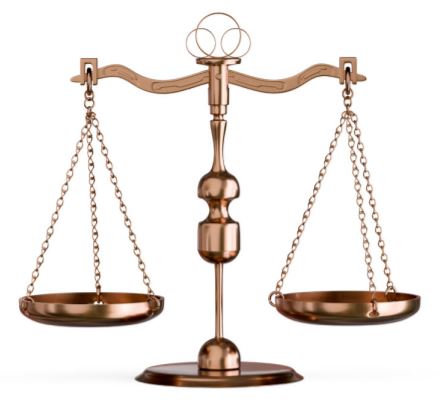What is a Power of Attorney? A power of attorney is an instrument containing an authorization for one to act as the agent of the principal that terminates at some point in the future either by its terms or by operation of law such as death of the principal or agent. These have also been called letters of attorney. The person appointed is usually called an Attorney-in-Fact. The person making the power of attorney appointment is called the principal.
What are the types of Power of Attorney forms available?
Power of Attorney forms are available as follows: Child Care, Durable, General, or Limited/Special.
What is a Durable Power of Attorney? A durable power of attorney is a power of attorney that remains or becomes effective upon the principal’s becoming incompetent or unable to manage his or her affairs.
What is a Durable Power of Attorney for Health Care?
A durable power of attorney for health care is a power of attorney where the principal appoints an agent to make health care decisions for the principal and is remains effective even after the incompetence of the principal. It is often used as a form of advance health care directive. Compare this to a living will where the person states his or her wishes in case of medical treatment.
What is a General Power of Attorney?
A general power of attorney is a power of attorney authorizing the agent to carry on business or an enterprise for the principal and usually has broad powers.
What is a Special or Limited Power of Attorney?
A special or limited powerof attorney is a power of attorney authorizing the agent to carry out a
particular business or transaction for the principal.
What is a Living Will Directive?
A living will directive provides instructions to your physicians and family members regarding life prolonging treatment and artificially provided nutrition and hydration to be provided to the grantor if he or she no longer has the decisional capacity, a terminal condition, or becomes permanently unconscious.
What is an anatomical gift?
An anatomical gift allows the donor to designate specific body parts and organs that he or she wishes to donate at the time of death.

